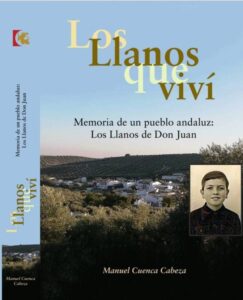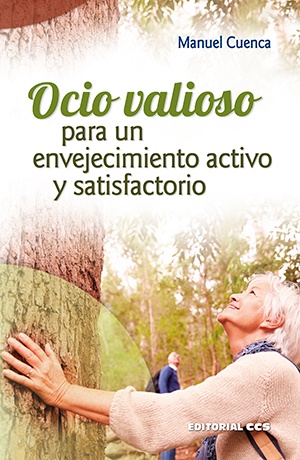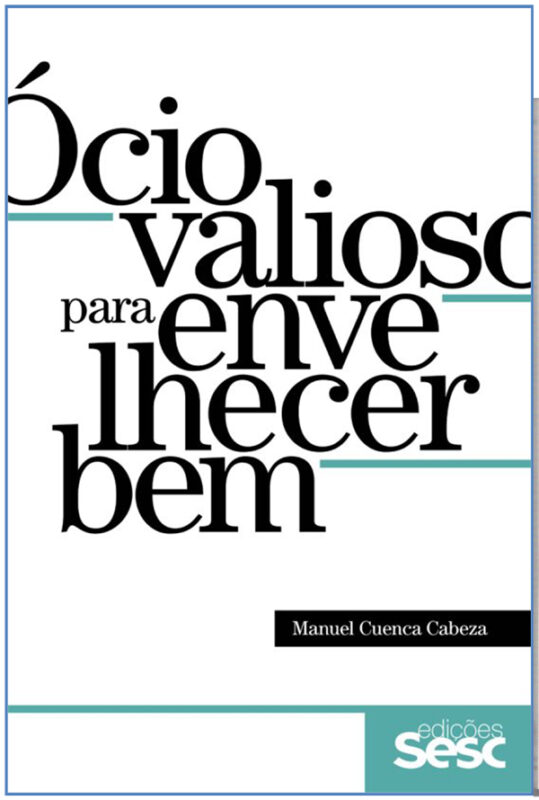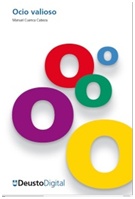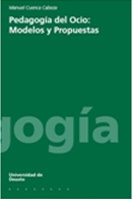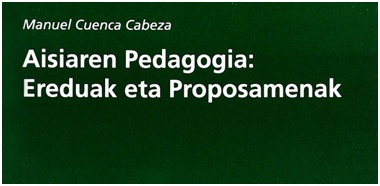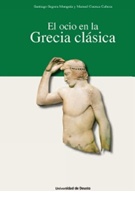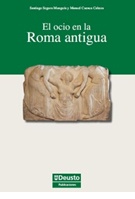On the leisure of young people
On the leisure of young people

The 8th Report on Drugs and School, which was put together by a team of researchers from the Institute of Drug Dependency at the University of Deusto (Bilbao), was published last spring. The report maintains that after the age of 16, smoking jointsis commonplace among young people. Six out of every ten have tried them and over 30% smoke them on a monthly basis. According to the same report, the consumption of cannabis and other drugs subsequently rises with age – although, thanks to the crisis and use of the Internet, there would seem to be a recession in relation to previous reports.
Although the study is full of specific details and interesting reflection, the fact of the matter is that what has proved to be of most interest to the local press can be summed up in two ideas: the first focuses attention on the drug addiction that remains present among young people and which, after 16 years of age, evidences alarming statistics. The second takes into consideration the fact that the slight drop in drug consumption coincides with a widespread increase in use of the Internet and social networks in giving rise to what the report itself refers to as liberaffective. We can state that both sources of information are recent while at the same time being considered new, because we are in fact used to seeing how the media shows an interest in youth addictions in any shape or form – a social concern about which the media keeps a watchful eye.
Society is concerned about young people’s leisure activities for many reasons, but if we analyse the matter in depth, we will see that it is both a peculiar and partial concern that is referenced so as not to create problems. Otherwise, youth leisure would be a hot potato not so much because of its more harmful manifestations but, rather, due to educational shortcomings in this aspect of life. Educating children and young people about leisure tends to be left to their parents who are usually little-schooled in the matter – meaning this is not just a personal or family matter but, rather, one of major social importance.
We are not going to comment now on statistics referring to leisure activities pursued by young people, nor shall we be analysing the use of time or pastimes common to them. We should like to base the question of youth leisure activities on different standpoints that might come as a surprise initially, although this is not our intention. Rather, we wish to focus things on certain points that dig deeper in terms of their own reality.
Let us start by recalling the fact that lesserknown leisure does not mean that in which fun is the key reference point, but rather, a type of leisure that mainly targets the individual, their improvement and development. Those of us who form part of the Institute of Leisure Studies at the University of Deusto refer to this as autotelic or humanist leisure. In both cases we have attempted to shed light on that which would prove to be most beneficial for personal and social development, which we have never lost sight of.
Beyond sociological knowledge about practices, our studies have tended to be based on knowledge about human development from the leisure standpoint. This is a form of development that focuses on individuals and on what really matters to them. The study of leisure from this standpoint is what we know refer to as valuable leisure – a general term that we shall cover here and which we shall allude to throughout the text.
The relationship between leisure and youth development becomes patently obvious when observed from three different angles: leisure may be a result of vital development, a cause of development and/or basis for adult leisure. The first approach is easily observed, although the other two are less accurate and perhaps for that reason may be interpreted in more ways and be the source of greater wealth. The fact that leisure practices accompany us and are transformed with our biological changes throughout life is evident, and can be generalised to cover other aspects such as feelings, desires, interests, skills and social relations, etc. Stages of personal development exist during the course of mental, physical, social and emotional growth, by means of which we may refer to an incipient form of youth leisure as opposed to a more mature form, or to a form of youth leisure that differs from that of adults or grown-ups.
Young people’s leisure is not just a form of leisure as a consequence of their age and social context, but is guided by previous experiences and knowledge gained and, in turn, will prove to be a determining factor in their future leisure habits. This makes us recall that, even though basic abilities exist of the kind referred to by Martha C. Nussbaum, they will only be combined abilities to the extent that they become transformed into attitudes, interests, knowledge and skills deemed suitable for individuals’ age and levels of maturity. Enjoyment, which should be a key factor attached to valuable leisure, is always associated with training processes and personal improvement, which in turn form the basis for all human development.
https://recyt.fecyt.es/index.php/PSRI/article/view/38032/21485
sips – pedagogia social. revista interuniversitaria [1139-1723 (2015) 25, 7-16]



